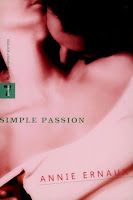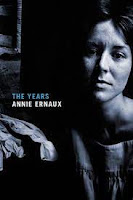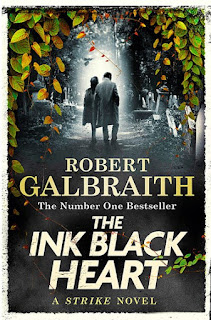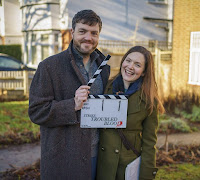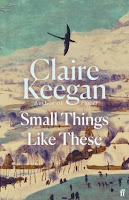I started 2022 with optimism and hope that, after two long pandemic years, we would be 'back to normal' and the worst was behind us. How naive! In many ways this was the worst year, as Covid took hold, draining my last reserves of resilience, and finally catching up with me in August. But I managed to leave my fortress of solitude and venture out in the world, attending the Sydney Writers' Festival for the first time since 2019. In the end however, it wasn't the pandemic that disrupted my reading, but the FIFA World Cup as the late night and early morning matches gave me little time for reading.
My reading goal for 2022 was 30 books, which I achieved, reading 31 titles this year. When planning for 2022 at the start of the year, I did not really name any specific titles, which served me well as I roamed wherever my interests took me. Instead I used the reading bingo card I created to help me diversify my reading and my achievements are highlighted below.| 20th century modern classic | Retelling of another story | Novel in Translation | Poetry Collection | Women's Prize Longlister |
|---|---|---|---|---|
| First Nations author/issues | Essay Collection | New to me author | Biography or memoir | Book on the 1001 list |
| Debut Novel | 19th Century Classic | Published in 2022 | By a favourite author | Non-fiction bestseller |
| Short Story Collection | Australian Literary Prize Longlister | Current Affairs / Politics | Protagonist is over 50 | LGBTQIA+ Author/issues |
| Pre-19th Century Classic | Non-fiction history | Book in my To Be Read pile | Booker prize longlister | Novella in November |
I read so many great books this year. I loved and highly recommend:
- Maxine Beneba Clarke - How Decent Folk Behave
- Jennifer Egan - The Candy House
- Tara Moss - The Ghosts of Paris
- Douglas Stuart - Young Mungo
- Taylor Jenkins Reid - The Seven Husbands of Evelyn Hugo
- Evan S Connell - Mrs Bridge
- Miranda Cowley Heller - The Paper Palace
- Meg Mason - Sorrow and Bliss
- Niki Savva - Bulldozed
















